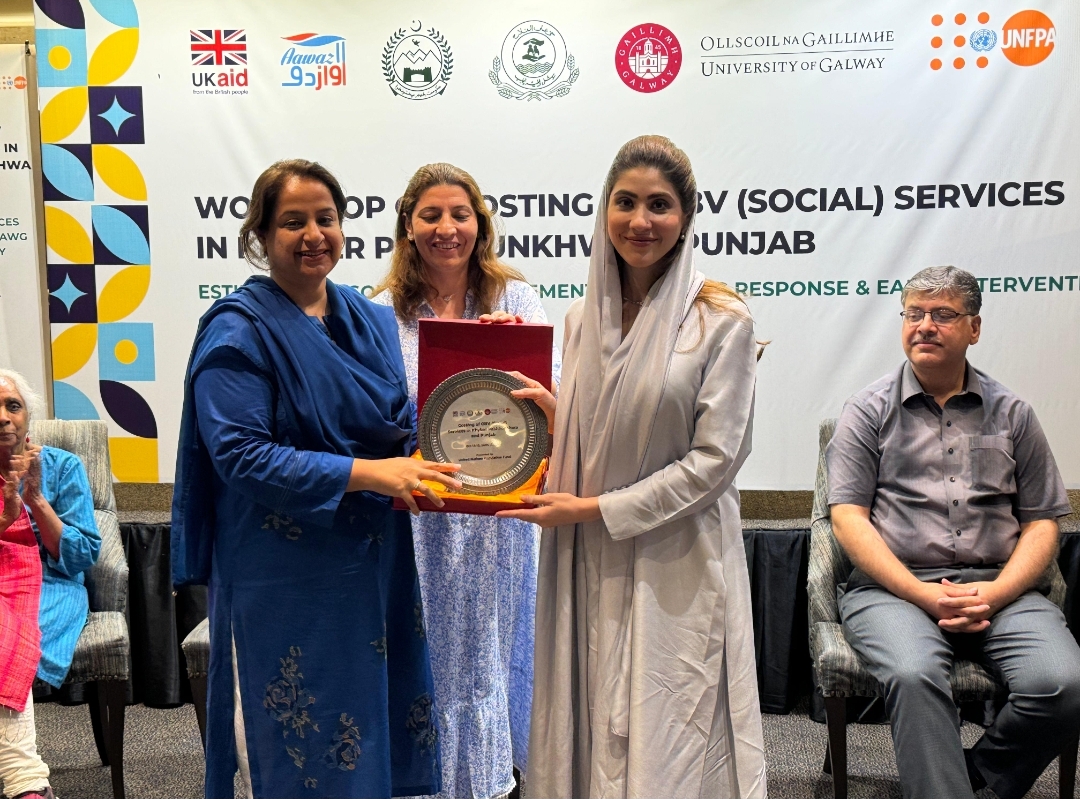Air pollution has reached critical levels in Karachi, with the city’s air quality index (AQI) recorded at 207 on Tuesday, making it the fourth most polluted city in the world.
Only New Delhi, Lahore, and Cairo reported worse air quality, according to global rankings.
As of 11:00 am, Lahore was ranked as the second-most polluted city in terms of air quality on the Swiss group’s live rankings, with an air quality index of 404..
Yasir Hussain, head of the Climate Action Centre, attributed 60-70% of Karachi’s aerial pollution to vehicular emissions, according to local newspaper report.
The widespread use of motorcycles, driven by inadequate public transport, is a significant contributor, the report mentioned.
He further revealed that motorcycles alone consumed $15 billion worth of petrol over the past five years, accounting for 69% of pollution caused by fuel consumption.
Environmental researchers emphasised the dire health impact of such pollution, noting it reduces life expectancy by nearly four years on average.
Pakistan witnesses over 100,000 pollution-related deaths annually, with the World Health Organisation estimating seven million global fatalities each year due to environmental pollution.
The smog season arrived earlier than usual this year, beginning in late October. Temporary measures like the “Green Lockdown” in Punjab have proven insufficient.
Experts have called for sustainable interventions, including no-vehicle zones and improved public transport systems, to curb emissions in urban centres like Karachi.
Pakistan’s dependency on fossil fuels exacerbates the crisis, with the nation importing $73 billion worth of petroleum products over the past five years.
Earlier this month, Pakistan’s Peoples Party (PPP) Chairman Bilawal Bhutto Zardari urged Pakistanis to shift to Karachi as parts of Punjab and K-P faced severe smog.
In a post on X (former Twitter), Bilawal shared then AQI readings from cities across Pakistan and wrote, “Dear Pakistan, move to Karachi.”
As Karachi struggles with worsening air quality, urgent reforms are needed to safeguard public health and the environment.



